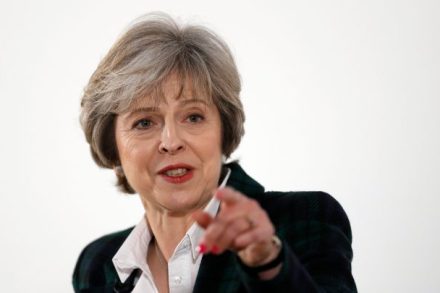Theresa May is heading for trouble over the Brexit ‘divorce’ bill
ICM, who Vote Leave used for their own referendum polling, have some striking numbers on what elements of an EU exit deal British voters would find acceptable. 54 per cent of voters regard maintaining free movement as part of a transition deal – something that Theresa May wouldn’t rule out in her interview with Andrew Neil – as acceptable. However, there is clearly going to be a big problem with any exit payment. 64 per cent regard a £10 billion payment as unacceptable, with that figure rising to 70 per cent for a £20 billion payment—which is at the low end of what people in Brussels think Britain ought to



















